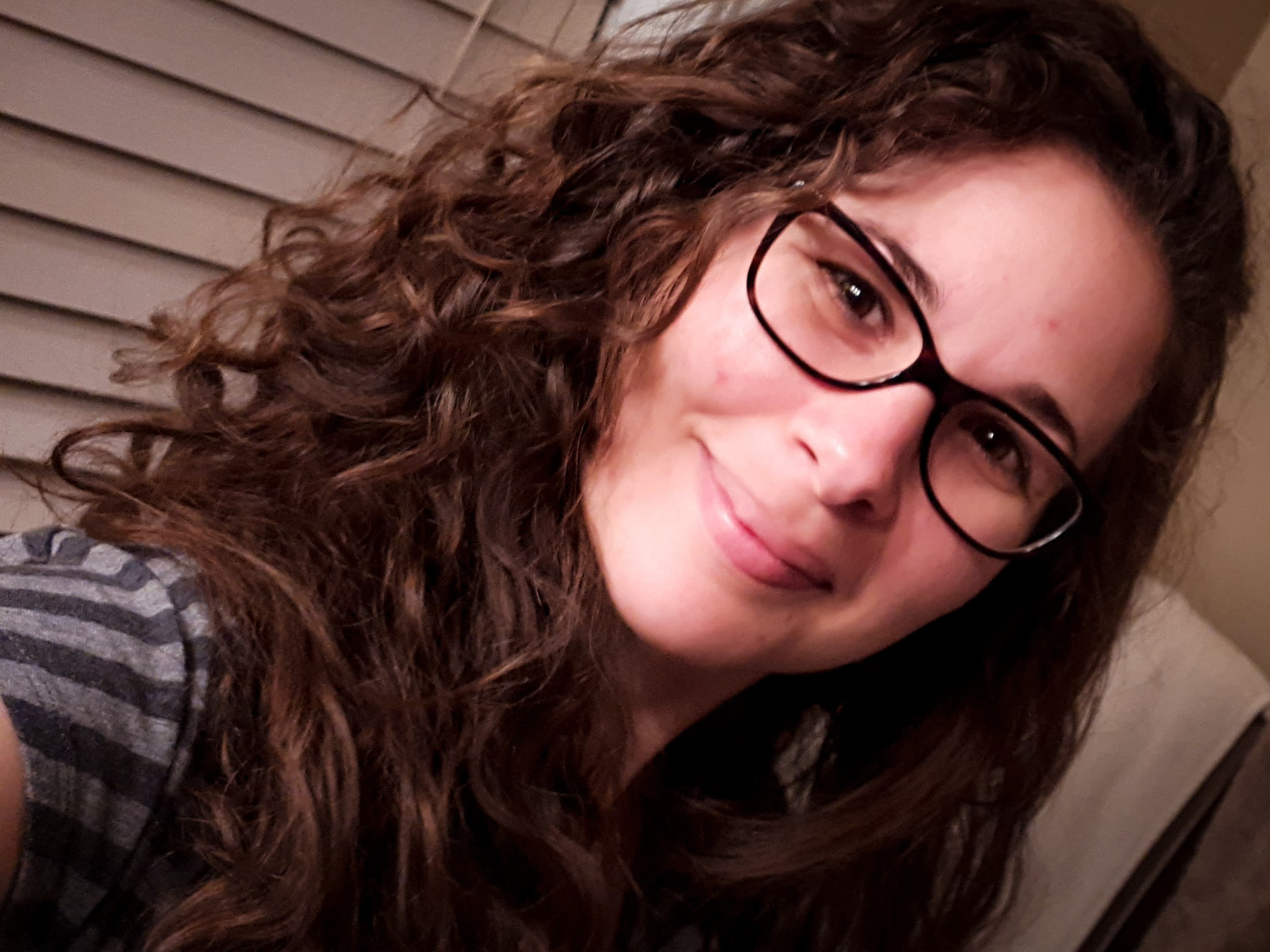
How would you describe your research?
The purpose of my doctoral research is to determine whether the parafacial respiratory group (pFRG) - the brain region responsible for the occurrence of forced expiration during periods of increased respiratory drive - may also control the recruitment of abdominal muscles during sleep. I will research the mechanism through which the expiratory abdominal activity stabilizes breathing and, importantly, explore the exciting possibility of treating sleep apnea through the stimulation of pFRG.
To understand the neural origin of a given behaviour, a useful approach is to inactivate and activate the brain region that presumably generated that behaviour, for example through chemogenetics (a technique which allows the manipulation of brain activity through the expression of an exogenous protein that binds to specific chemicals injected by the investigator). Thus, I will use a chemogenetic approach to specifically excite or inhibit pFRG in order to test its role in abdominal recruitment during sleep. If pFRG is indeed responsible for the occurrence of abdominal recruitment during sleep, then we will use the chemogenetic approach to activate this region in a rodent model of sleep apnea and evaluate possible changes in breathing
What inspired you to pursue your current research?
My short experience as an undergraduate researcher bestowed on me a profound respect for the fields of neuroscience and physiology, inspiring me to further contribute to these fields with continued research. Although breathing is a highly automatic process, some conditions make it susceptible to interruptions, especially during sleep, which can be harmful or even fatal. This condition is known as sleep apnea. In addition to being imminently life threatening, sleep apnea is associated with deterioration of the cardiovascular health of these patients. Although some therapies exist, they are not completely effective. Even the most common existing therapy, which involves the use of uncomfortable masks that apply positive air pressure to aid breathing while the patient is asleep (CPAP), have very low rates of adherence. Thus, there exists a need for alternative, effective treatments for sleep apnea, which is the final goal of my research.
What impact(s) will your research have outside of your lab?
This project will be the first to evaluate the contributions of the expiratory oscillator on the stabilization of breathing during sleep in both healthy conditions and pathological situations. Forced exhalation could be a natural mechanism of the body to cope with respiratory instability during sleep. Understanding the mechanisms underlying the occurrence of abdominal recruitment during sleep could contribute to the future development of pharmacological tools to treat patients with sleep apnea.
What advice would you give to someone that is just starting graduate studies?
Graduate school is probably the most stressful stage of anyone's career. It is that period in which we transition from being receivers of knowledge in a classroom, to create knowledge in a lab. As any process of creation, research is difficult: it requires passion, dedication, attention to details, resilience, problem solving and a very thick skin for the inevitable criticism that characterizes the process of creation of science. Often times, it will feel like it is impossible to manage your time in order to be productive at the lab and at the same time continue to have a social life. Although it will be difficult, please remember that social interactions are what make us humans and we need meaningful human connections in our lives. Stay connected, relay on your friends when graduate school gets difficult, maintain a space in your life for socialization, it is extremely important for your mental health. Graduate school is difficult, but you will get through it and it will be totally worth it!
What is your favorite place/thing to do here at the UofA or in Edmonton?
I am a nature lover. Therefore, I deeply enjoy hiking. Edmonton offers quite few places for hiking in summer and cross-country skiing/snowshoeing in the winter. One of such places is Elk Island, my favourite destination for a quiet afternoon trip on the weekends. Elk Island is also a fantastic place for wildlife, sunset, night sky and Aurora Borealis photography. Often times I go there with friends and we enjoy of a quiet time around a bonfire, while sitting at the shore of Astotin lake.